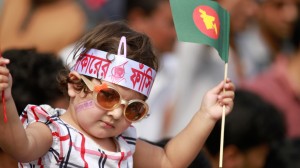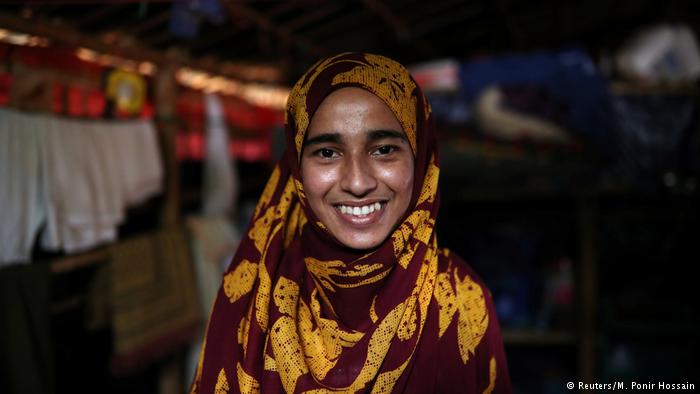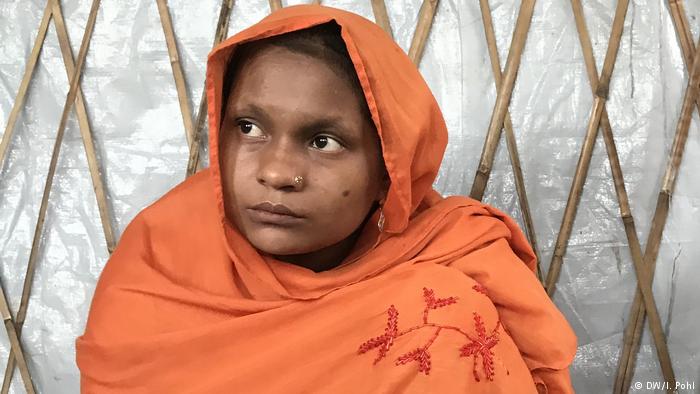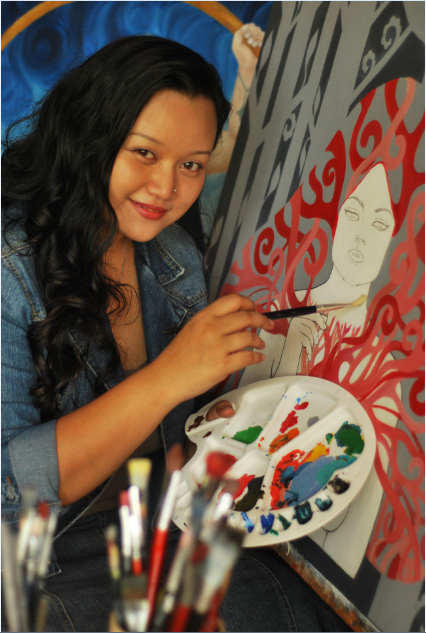The Butcher of Mirpur
In 1971, during Bangladesh’s war of independence, when Pakistani troops had laid siege on the city of Dhaka, one man allegedly gunned down 344 people and raped a young girl. He was Abdul Qader Molla, the man who was sentenced to life imprisonment by the Bangladeshi war crimes tribunal on February 5 this year. Thousands of women and men have gathered to protest against the government’s decision in Shahbag in Dhaka and many more protest demonstrations are being organized abroad by non-resident Bangladeshis in a movement that may just redefine Bangladesh’s identity as a nation.
The protest movement may look like a demand for death penalty of a war criminal who committed terrible atrocities, but scratching the surface reveals that this uprising by the Bangladeshi youth is actually a call to process, rework and redefine all that their country has gone through in the past. The movement is probably one of the biggest in Bangladesh’s recent history. It began as an online campaign after the verdict on Molla was spoken and went viral over the internet within a few hours.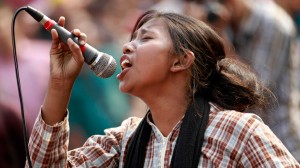
The history
Following Indian independence and the partition of India in 1947, Bangladesh became a part of Pakistan. Slowly in 1952, a movement in favour of Bengali culture and language began emerging. This movement culminated in the fight for freedom, which reached its zenith in 1971.
In a bid to quell the movement and secure East Pakistan, Pakistani forces seized Dhaka in December that year. Thousands were killed and thrown into mass graves. Thousands of women were raped and many more pro-independence academicians, thinkers and politicians were wiped out as revenge by Pakistani and pro-Pakistani forces who wanted to prevent East Pakistan from separating. The Pakistani forces did have their support base in Bangladesh, or Eastern Pakistan as it was known at the time. Political parties in Bangladesh today, like the rightist Jamaat-i-Islami, still favour a united Pakistan.
Abdul Qader Molla, also a member of the Jamaat, is just a trigger for all the pent-up emotions that are welling up inside the minds of people who rightly demand that the criminals of the 1971 war need to be brought to justice. Molla has been given the life sentence. The charges on Molla were on seven counts, out of which he was proven guilty in six. One charge was dismissed on the grounds of insufficient evidence. That is why he was sentenced for life despite having played a part in killing hundreds of innocent residents of Mirpur, close to Dhaka.
In Bangladesh right now, the debate is not about whether the death penalty is justified or not, it is actually about what forms the core of the Bangladeshi identity. There are several reasons behind the anger of the masses, one of which is the massive delay that has been caused in setting up the war crime tribunals. The war crime tribunals have begun passing their verdicts only since the past few years and the victims are still waiting for closure and retribution.
The protest is also a call to go back and reassess the reasons why Bangladesh strove for independence in the first place. Bengali culture and language are integral parts of the Bangladeshi identity – as the name suggests, Bangladesh means the country of the Bengalis. Although religion in general and Islam in particular may be an important part of Bangladeshi life, Bengali culture plays the main role.
This movement is a movement for an identity which demands that the Bengali people unite for culture and not for religion. It is a demand to make Bangladesh more secular and this is evident from the protests where youth from Bangladesh’s majority Muslims and of other religions are uniting to secure justice for victims of the war, for the thousand “Biranganas” or rape victims who fell prey to pro-Pakistan troops and for all the young people who believe that one needs to make a clean cut from the past and redefine the country for the future.
Author: Manasi Gopalakrishnan
Editor: Sanjiv Burman



